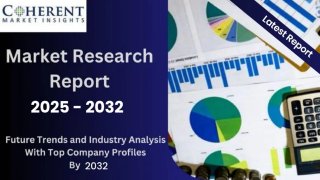Research Reports
What Is Business Analytics?
Published by linker 5
Posted on April 23, 2021
1 min readLast updated: January 21, 2026

Published by linker 5
Posted on April 23, 2021
1 min readLast updated: January 21, 2026

Explore more articles in the Research Reports category











